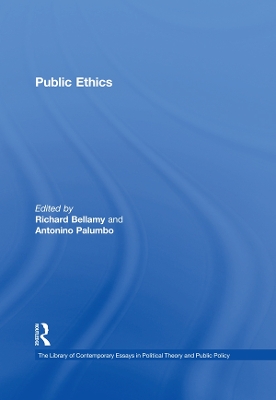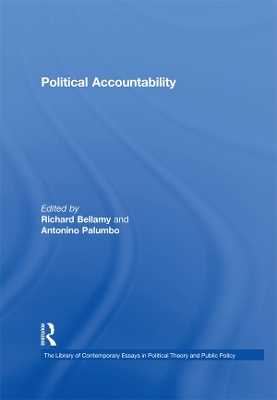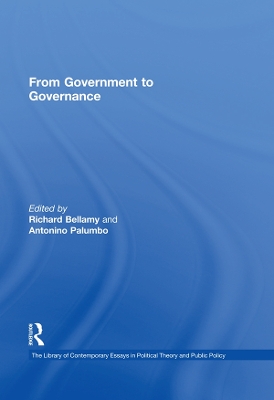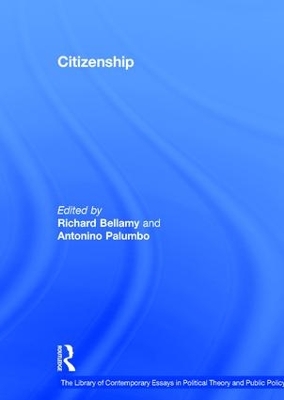The Library of Contemporary Essays in Political Theory and Public Policy
4 total works
Political realists are accustomed to argue that ethical considerations have no place in public affairs. This is always a debatable view: realism habitually employs a crude utilitarian morality rather than being totally amoral, and ethical considerations have continued to play an ever more prominent role in the thinking and actions of policy makers and politicians. In addition, citizens increasingly expect policies not only to be efficient and effective according to some purely economic or prudential calculation, but also to be equitable and just as well. As a consequence, both the public and private morality of politicians and public officials has come under ever greater scrutiny. The essays collected together in this volume explore the ethical issues raised by the process and substance of policy-making, and discuss whether it is reasonable to expect ethical standards in public affairs.
Political accountability forms a cornerstone of modern democracy: it directs the political system towards the public interest and allows the exercise of the principles of autonomy and self-determination that lie at the core of democratic politics. Sadly, existing democracies, with their large, centralized bureaucracies, have evolved in ways that progressively undermine the ability of citizens to keep their representatives accountable and political regimes responsive. Far from reversing this trend, the neoliberal reforms introduced since the 1980s have increased that accountability gap. Globalization and the alleged passage from 'government' to 'governance' have aggravated the problem further. The notion of accountability that survives these changes is a problematic form of auditing carried out by a constellation of quangos, autonomous agencies and NGOs whose own accountability is problematic. This volume collects the main contributions to current debates on political accountability. It explores the challenges traditional conventions of accountability face today at the domestic, trans- and international levels and indicates the distinctive solutions those challenges require.
Neoliberal reforms and globalization have deeply transformed the state and set in motion a momentous shift from 'government' to 'governance'. Governance entails a move away from traditional hierarchical forms of organization and the adoption of network forms. It also entails a revision of the relationship between state and civil society in a more participatory direction. Governance is finally said to be responsible for shifting the emphasis away from statute law to more flexible forms of regulation and implementation. The state is thus claimed to be superseded by a 'networked polity' where authority is devolved to task-specific institutions with unlimited jurisdictions and intersecting memberships operating at sub- and supra-national level. This volume brings together a representative sample of the key articles that established governance as a major field of research and helped clarify the main critical issues to be addressed by those involved in research and teaching in this area.
Interest in citizenship has never been greater. Politicians of all stripes stress its importance, as do church leaders, captains of industry and every kind of campaigning group. Yet, despite this popularity, the nature and even the very possibility of citizenship has never been more contested. Is citizenship intrinsically linked to political participation or is it essentially a legal status? Does it require membership of a state, or is it only post-national, trans- and possibly supra-national? Is it a universal value that should be the same for all, or does it need to recognise gender and cultural differences? This volume reproduces key articles on these debates - from classic accounts of the historical development of citizenship, to discussions of its contemporary relevance and possible forms in a globalizing world.



